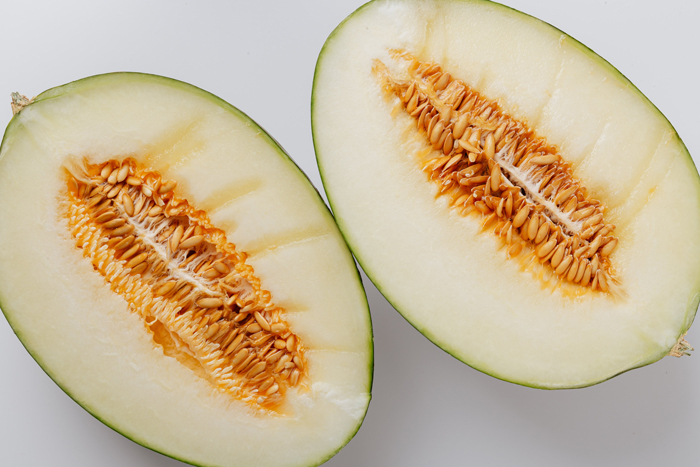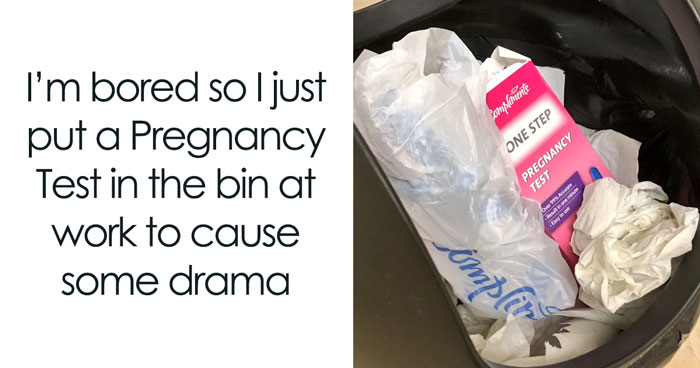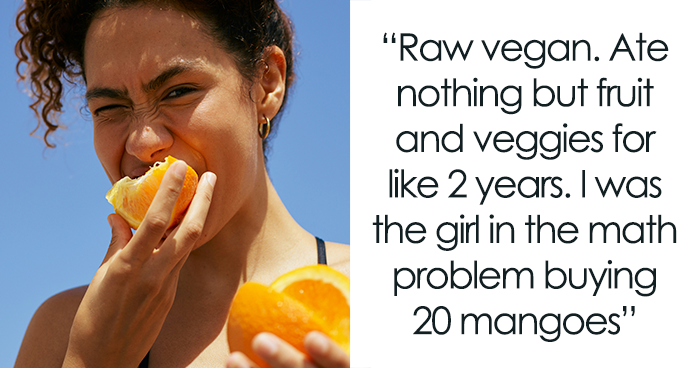Cantaloupe, a sweet summer fruit loved by many, raises a question for dog owners: Is it safe for dogs? The simple answer is yes. Dogs can enjoy cantaloupe, but there are key things to remember. This fruit isn’t just delicious; it brings health benefits for dogs.
However, it’s crucial to serve it in moderation and prepare it correctly, keeping your dog’s health and safety in mind.
- Cantaloupe high in vitamins A, B6, C, K and essential minerals for dogs.
- High sugar content in cantaloupe risky for obese or diabetic dogs.
- Remove rind and seeds of cantaloupe to avoid choking and blockages.
- Treat cantaloupe as a snack, not a meal; consult vet for dietary needs.
The information provided herein is for informational purposes only. Please refer to our disclaimer for more details..
Is Cantaloupe Good for Dogs?
Image source: Karolina Grabowska
Cantaloupe – a popular summer treat with high water – is not only harmless for dogs but also beneficial nutritionally when given in moderation. This refreshing melon provides essential vitamins and minerals, enhancing dogs’ health and wellbeing.
Vitamins: Abundant in vital vitamins – like A, B6, C, and K, cantaloupe supports various health aspects, such as:
- Vitamin A aids in maintaining healthy vision, immune response, and skin.
- Vitamin B6 is key for numerous bodily chemical reactions.
- Vitamin C protects cells from damage and fortifies the immune system.
- Vitamin K is instrumental in blood clotting and bone health.
Minerals in Cantaloupe: This fruit is packed with essential minerals such as; calcium, copper, and iron. These are crucial for bone health. It also contains folic acid, zinc, and potassium, contributing to muscle and nerve function. Other minerals – like manganese, magnesium, choline, niacin, selenium, and phosphorus in cantaloupe support overall cellular health.
Hydration and Fiber: Cantaloupe, about 90% water content – is an excellent hydrating snack – especially during hot weather. And its high fiber content is beneficial for healthy digestion. This can also help in reducing the risk of constipation.
Beta-Carotene and Antioxidants: Rich in beta-carotene – cantaloupe helps prevent oxidative damage and supports the immune system. Moreover, the antioxidants present in cantaloupe are disease-fighting. They’re also beneficial for older dogs.
Health Benefits
Eye Health: Cantaloupe’s vitamin A and beta-carotene assist in preserving vision, notably in senior dogs.
Joint Health: This fruit’s anti-inflammatory traits could lessen joint and muscle puffiness, a boon for spry and aging canines.
Heart Health: Potassium found in cantaloupe bolsters cardiac health.
Risks of Feeding Cantaloupe to Dogs
Image source: Thirdman
While this melon offers nutrients and palatable snacking for canines, several hazards loom.
High in Sugar Content
Loaded with natural sweet stuff, cantaloupe can spell trouble, particularly for certain pups. Gobbling sugar in large quantities often leads to health snags like obesity and potentially nudges them toward diabetes. Hence, cantaloupe is a no-go for hefty or diabetic doggos.
Choking Hazards and Intestinal Blockage
Watch out for the rind and seeds! The rind, tough to chew and digest, could upset their tummies or worse, block their guts, a dire scenario sometimes needing urgent surgery. Seeds aren’t poisonous but might choke them or upset their stomachs. Best to ditch the cantaloupe rind and seeds before treating your furry friend to cantaloupe.
Allergic Reactions
Some dogs might have allergies to cantaloupe. Watch for itching, swelling, or gastrointestinal upset. Stop cantaloupe immediately and see a vet if allergic reactions appear.
How Much Cantaloupe Can Dogs Eat?
When figuring out the right amount of cantaloupe for your dog, think moderation. Tailor portions to the pup’s size and heft. Dog treats, cantaloupe included, should be a tiny bit, no more than a tenth, of their daily calories. Here’s a quick rundown for different dog sizes:
Extra-Small Dogs (2-20 lbs) – A Yorkie or a Pug, for instance, might enjoy a slice or two of this melon.
Extra-Small Dogs(21-30 lbs) – Three cantaloupe pieces. Think Beagles or Mini Aussies.
Medium Dogs (31-50 lbs) – Up to five pieces. Breeds like Border Collies and Huskies fit here.
Large Dogs (51-90 lbs) – Six melon pieces suit them. Labs and German Shepherds, for example.
Extra-Large Dogs (91+ lbs) – A handful of cantaloupe bits works. Includes Newfoundlands and St. Bernards.
Remember, these are just guidelines. Always consider your dog’s unique dietary needs and consult your vet when in doubt.
What If Your Dog Ate Too Much Cantaloupe?
Cantaloupe, usually a dog-safe snack, in large quantities, might pose risks. Key facts for pet owners, if your dog gobbles up too much of this fruit, include:
Symptoms of Excessive Eating
A dog feasting overly on cantaloupe might show signs such as:
- Vomiting: Often, it’s the initial clue of a dietary problem.
- Diarrhea: Too much of this melon can wreak havoc on canine stomachs, causing diarrhea.
- Lethargy: Overindulgence may sap your dog’s energy, making them lethargic.Bloating or pain in the belly: Watch for signs of discomfort or swelling in the abdomen.
- Disinterest in meals: Overeating might lead to a decreased appetite.
Such symptoms often stem from the fruit’s fiber and sugar levels. In large doses, these can challenge a dog’s digestive system.
Steps to Take After You Overfeed Cantaloupe to Your Dog
- Eliminate Access to Cantaloupe: Make certain your dog can’t reach more cantaloupe or dog foods they should avoid.
- Watch Your Dog: Observe them keenly for any signs of deteriorating health or shifts in how they act.
- Call the Vet: Should you notice any symptoms or if your dog appears more unwell, get in touch with your veterinarian straightaway for guidance and possible care.
- Block Trash Access: Prevent your dog from getting into the garbage where discarded rinds and seeds might be, as these could lead to additional problems like blockages in their intestines.
How to Safely Feed Your Dog Cantaloupe
Cantaloupe is a delightful snack for your dog, but you must do it right. Keep these tips in mind for your dog’s safety:
Choose the Best Cantaloupe: Sniff out a ripe one with a sweet smell and a bit squishy. Steer clear of the ones that are too ripe, moldy, or bruised, which might be spoiled. Go organic when you can, to cut down on nasty chemicals.
Prep Steps: Clean it well first. Chop off and toss the ends. Seeds and rind are a big no-no – they pose choking risks and upset doggy tummies. Dogs struggle with the tough, fibrous rind.
Serving Size and Method: Cut cantaloupe into half-inch cubes. These small bits prevent choking, aiding digestion, notably in small dogs. Cantaloupe is a treat, not the main grub. Smaller dogs need even smaller chunks.
Monitoring for Allergies: When first giving your dog cantaloupe, begin with just a tiny bit. Look out for signs like itchiness, hive outbreaks, or stomach upset. Should these symptoms appear, immediately cease offering cantaloupe and seek veterinary advice.
Avoid Additives: Seasonings and sweeteners should never be added to your dog’s cantaloupe. Always serve it unadorned and fresh, steering clear of any health risks that might arise.
Always keep an eye on your pooch munching cantaloupe, watching for hasty eating or struggles in chewing, or swallowing. If cantaloupe feeding worries you, or your furry pal has unique health needs, seek a vet’s advice.
Cantaloupe, as a part of your dog’s meals, offers refreshments and nutrients. Remember, balance matters; a dog’s well-being and dietary preferences come first.
What fruits are safe for dogs to eat?
Dogs can safely eat various fruits, with cantaloupe being a good choice. Here’s a list of fruits fit for dogs:
- Apples, full of vitamins A, C, and fiber. Remove seeds and core.
- Blueberries offer antioxidants and vitamins, boosting the immune system.
- Strawberries, rich in vitamins, minerals, and a tooth-whitening enzyme. Wash them well.
- Bananas provide potassium and vitamins but have high sugar, so serve sparingly.
- Watermelon aids hydration; exclude seeds and rind.
- Pears, with fiber, copper, and vitamins. Eliminate pits and seeds.
- Pumpkin supports digestive health. Serve properly portioned, not as pie filling.
- Mangoes, vitamin-rich but sugary. Remove the pit.
- Oranges are vitamin C sources; limit intake due to sugar and acidity.
- Peaches offer fiber and vitamins. Pit removal is essential.
Wrapping Up: Can Dogs Eat Cantaloupe?
Cantaloupe, a nutritious dog snack when eaten sparingly, packs vitamins and minerals yet brims with sweetness. Ensure safety by scrubbing, skinning, and chopping it into tiny bits, preventing any choking risk. Start with tiny portions, watch for any adverse effects, and always seek a veterinarian’s advice for pooches with health concerns. This fruit ought to be an addition, not a substitute, for their regular, well-rounded meals.
FAQs
How much cantaloupe can a dog have?
Dogs enjoy cantaloupe in moderation. Small ones might have a couple of tiny pieces. For medium dogs, perhaps five. Big breeds can handle up to six slices. Remember, treats like cantaloupe shouldn’t be over 10% of their daily grub.
Can dogs eat cantaloupe peel?
Steer clear of feeding dogs cantaloupe peel. It’s fibrous, tough, and risks choking or gut blockage. Always ditch the peel when giving cantaloupe to your canine pal.
Are there any melons dogs can’t eat?
Certain melons are a no-go for dogs, notably wild or bitter types due to toxicity risks. Safe picks include watermelon and honeydew, minus seeds and rinds. Introduce new fruits slowly, ideally with a vet’s nod.

 Dark Mode
Dark Mode 

 No fees, cancel anytime
No fees, cancel anytime 

















































-4
0